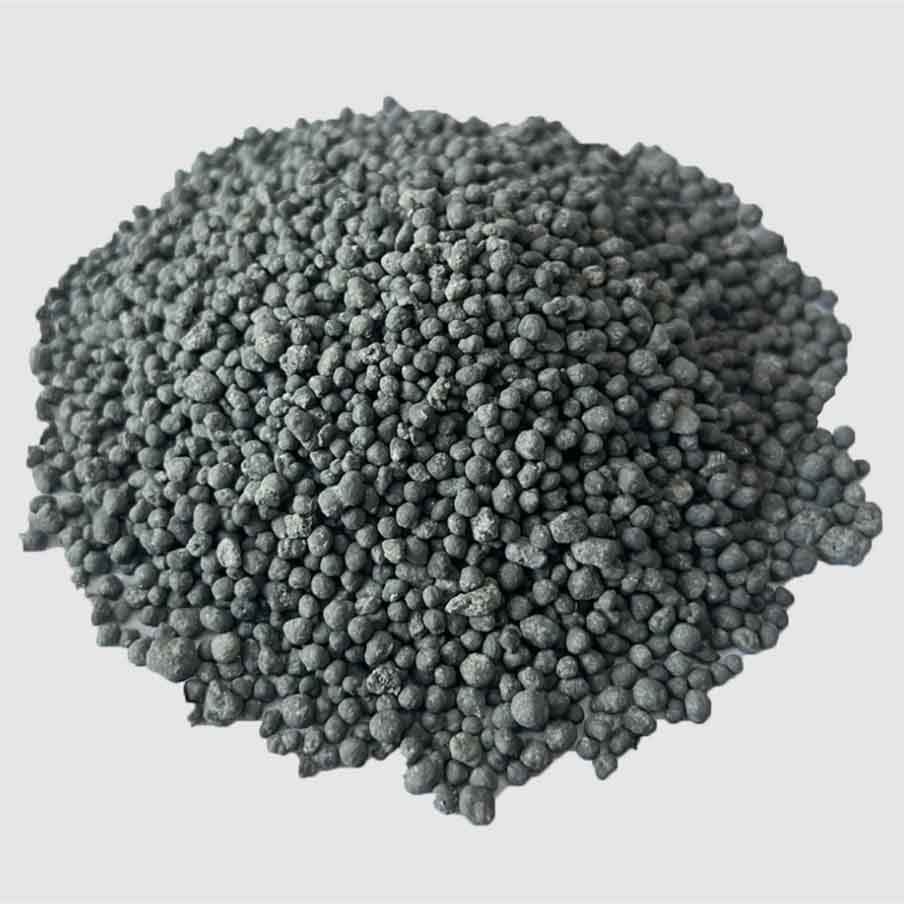
Nov . 06, 2024 08:48 Back to list
Top Organic Fertilizers to Enhance Your Vegetable Gardening Experience
The Best Organic Fertilizer for Vegetable Gardening
Growing your own vegetables is a rewarding and healthy endeavor, but achieving a bountiful harvest requires more than just good seeds and proper care. One of the crucial aspects of vegetable gardening is the use of fertilizers, with organic options being the most beneficial for both the plants and the environment. In this article, we will discuss the best organic fertilizers available and how they can enhance your vegetable garden.
Understanding Organic Fertilizers
Organic fertilizers are derived from natural sources, such as plant and animal matter, and they provide essential nutrients to plants without the harmful chemicals found in synthetic fertilizers. They not only nourish the plants but also improve soil health, promoting beneficial microbial activity and sustainable gardening practices.
Types of Organic Fertilizers
1. Compost Compost is one of the most effective and versatile organic fertilizers you can use. It consists of decayed organic matter, such as kitchen scraps, yard waste, and other biodegradable materials. Compost enhances soil structure, improves moisture retention, and supplies a balanced mix of nutrients over time, making it perfect for vegetable gardening.
2. Manure Animal manure, particularly from cows, chickens, and horses, is a rich source of nitrogen, phosphorus, and potassium. However, it’s essential to use well-aged or composted manure to prevent burning plants and to eliminate pathogens. Manure also adds organic matter to the soil, improving its overall health and structure.
3. Bone Meal Bone meal is ground animal bones and is an excellent source of phosphorus, which promotes strong root development and flowering in plants. It gradually releases nutrients and is especially beneficial for vegetables that require high phosphorus levels, such as tomatoes and peppers.
4. Blood Meal Blood meal, made from dried animal blood, is a highly concentrated source of nitrogen. It is particularly useful for leafy green vegetables like spinach and lettuce, which thrive on nitrogen. However, care must be taken to use it sparingly, as excessive nitrogen can damage plants.
5. Fish Emulsion Fish emulsion is a liquid fertilizer made from the byproducts of the fishing industry. It is an excellent source of nitrogen and trace minerals. Fish emulsion is easily absorbed by plants and helps to promote vigorous growth. It can be applied as a foliar spray or diluted in water for soil application.
6. Seaweed Extract Seaweed extract is loaded with micronutrients and hormones that encourage plant growth and resistance to stress. It can improve root development and enhance overall plant health. Seaweed fertilizers can be found in liquid or powdered form and are especially beneficial for vegetable gardens.
the best organic fertilizer for vegetable gardening factories

7. Worm Castings Vermicompost, or worm castings, is another fantastic organic option. Rich in nutrients, beneficial microorganisms, and enzymes, worm castings are gentle and can be used directly on the soil or as a potent liquid fertilizer. They improve soil structure and enhance nutrient uptake.
Choosing the Right Fertilizer
When selecting the best organic fertilizer for your vegetable garden, it is essential to consider the specific needs of your plants. Conducting a soil test can help determine nutrient levels in your garden and identify any deficiencies. Additionally, consider factors such as soil type, climate, and the specific vegetables you wish to grow.
Application Tips
1. Timing Apply fertilizers at the beginning of the growing season and during key growth stages, such as planting and flowering. Always follow the manufacturer’s instructions for application rates.
2. Integration Mix organic fertilizers into the soil rather than applying them directly on the soil surface. This helps improve nutrient absorption and reduces the risk of runoff.
3. Watering Water your plants thoroughly after applying organic fertilizers to help nutrients penetrate the soil and reach the roots.
4. Mulching Incorporate organic mulch to retain moisture and further enrich the soil over time as it decomposes.
Conclusion
Using the best organic fertilizers for vegetable gardening not only improves plant health and yield but also promotes a sustainable gardening ecosystem. By choosing natural options such as compost, manure, bone meal, fish emulsion, seaweed extract, and worm castings, you can create a thriving vegetable garden that's both productive and environmentally friendly. Embrace organic gardening and enjoy the fruits of your labor in a garden that flourishes with health and vitality.
-
10 10 10 Fertilizer Organic—Balanced NPK for All Plants
NewsJul.30,2025
-
Premium 10 10 10 Fertilizer Organic for Balanced Plant Growth
NewsJul.29,2025
-
Premium 10 10 10 Fertilizer Organic for Balanced Plant Growth
NewsJul.29,2025
-
Premium 10 10 10 Fertilizer Organic for Balanced Plant Growth
NewsJul.29,2025
-
50 Pound Bags of 13-13-13 Fertilizer for All Plants – Bulk & Organic Options
NewsJul.28,2025
-
High-Efficiency 15-30-15 Granular Fertilizer for Healthy Crops
NewsJul.28,2025
